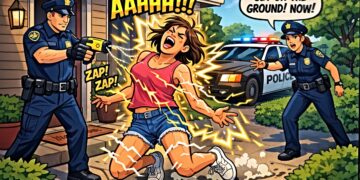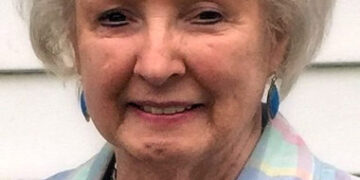A proposed change to Ohio’s marijuana law aims to offer up more licenses to sell pot with special consideration given to opening stores to serve the poor and minority population.
There’s some confusion out there about what Issue Two on Ohio’s November ballot would really mean. Ohio Attorney General Dave Yost broke down the proposed legislation with a legal team and offered his opinion of the effects on the state.
Issue 2 would create a Division of Cannabis Control with the Ohio Department of Commerce. Adults 21 and older could apply for licenses to grow, process, and sell pot to people 21 and older.
Those who currently run medical marijuana facilities would have to apply for a license to sell. Everyone who works for each licensed operator would need to be licensed as well.
The new law would also require the state to give preference to applicants certified by a “cannabis social equality” program that would take into account the income of the business owners, race, gender, physical disability, whether or not they lived in a poor area or an area of high employment and other factors.
It would also implement loans, grants, and other assistance that focus on hiring and educating minorities, women, veterans, and the disabled.
While this issue doesn’t change the previous existing laws against growing and selling pot it does protect you against arrest and prosecution if you follow the new rules.
The law would also create a cannabis addiction service program to be implemented by the Ohio Department of Mental Health.
Employers will still have the right to refuse to hire marijuana users or to fire them for use. Landlords are still able to forbid use on their property as long as it’s in the lease.
However, Ohio’s marijuana law would not override any federal laws and individuals could still be prosecuted.






















































































